Putting the spotlight on our kids' safety

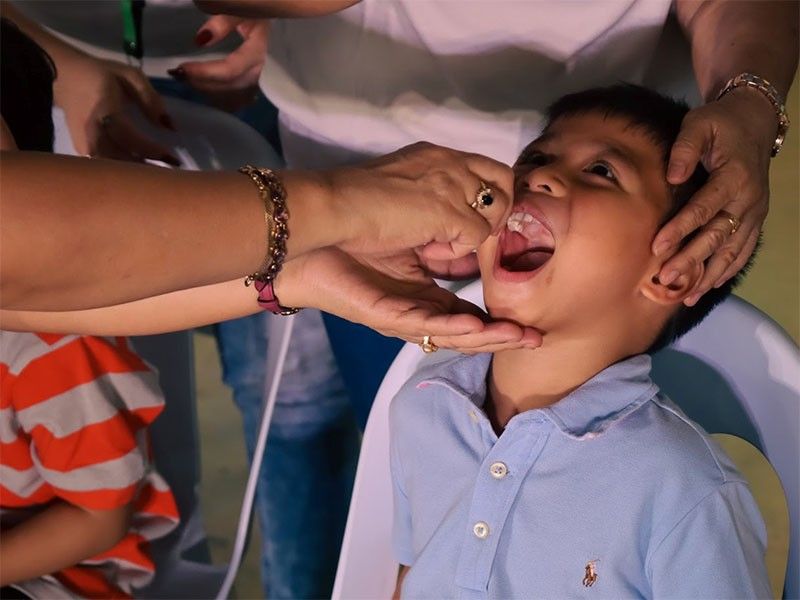
As the rainy season sweeps across the country and our children return to school, the importance of child immunization has never been more urgent. Only a couple of months ago we all endured the terrible heat of El Niño. Now, almost every day, we are greeted with dim skies and frequent rain showers. In a country where extreme weather patterns trigger the spread of various illnesses, we are reminded of the crucial role that vaccines play in protecting the health and future of our children.
This year, the Pharmaceutical and Healthcare Association of the Philippines’ (PHAP) Regional Health Connect Media Forum has brought into sharp focus the growing threat posed by water-borne, influenza-like illnesses, leptospirosis, and dengue — referred to collectively as "W.I.L.D." diseases. These illnesses spike during the rainy season, especially in school environments, where children are more exposed.
Serving as host of the Regional Health Connect Media Forum, I had the opportunity to see first-hand how health experts are stressing the life-saving importance of timely immunization, amid various reports of dengue outbreaks in Iloilo and other parts of Western Visayas.
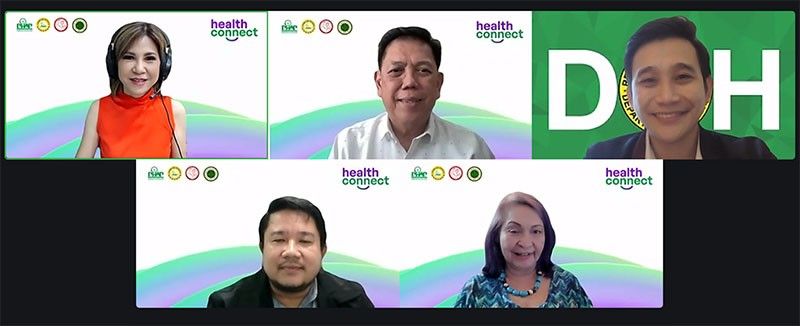
For communities in regions like Western Visayas, the rainy season is a time of heightened risk. In addition to dengue, schools become breeding grounds for diseases like influenza, which can be easily prevented through vaccination. Yet, as the Department of Health (DOH) reports, immunization coverage in Iloilo lags, with some areas achieving only around 38% of their target.
The fact that there remains a huge gap between Iloilo's immunization coverage and the 95% target set by health officials sounds alarming. This coverage gap not only puts children at risk but also threatens to strain the healthcare system. Without the protective shield of vaccines, children are left vulnerable to preventable diseases that could hinder their education, weaken their immune systems, and, in some cases, prove fatal.
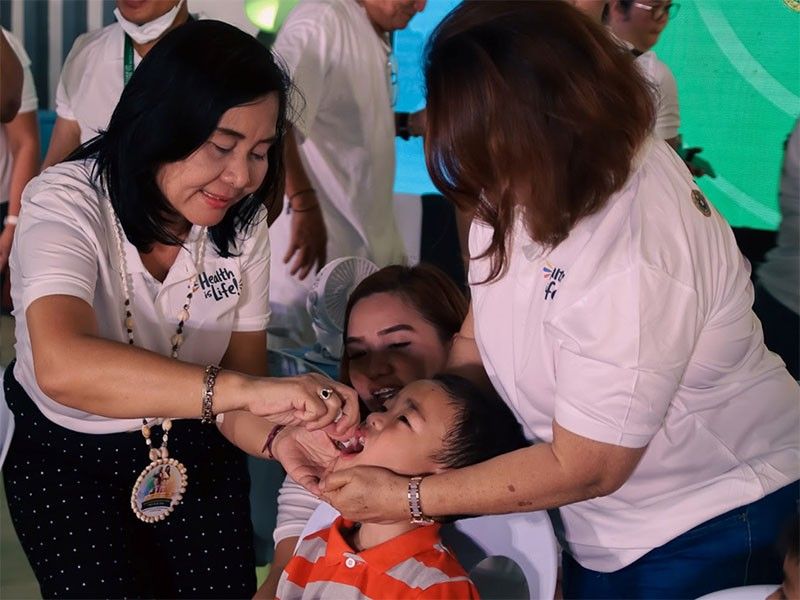
Protecting children from preventable diseases
Vaccination is not merely a medical necessity; it is a moral obligation. As Dr. Hector Santos, President of the Philippine Medical Association (PMA), aptly stated, “there is nothing more vital than safeguarding children’s health with vaccines that prevent serious diseases.” We, as a society, must ensure that no child is left defenseless against the illnesses that vaccines can prevent.
One of the barriers to higher vaccine coverage is the common misconception among parents that vaccines are either unsafe or unnecessary. This dangerous belief, often fuelled by misinformation, must be corrected.
As an advocate for the quality public health services, and the welfare of our children, I stand with our health experts in their long campaign taking every opportunity to promote our health sector's immunization campaign.
Vaccines, as stressed by health experts, are safe, effective, and free in public health centers. Parents need to recognize that immunization is the first line of defense against diseases that disproportionately affect children, especially during the wet season.
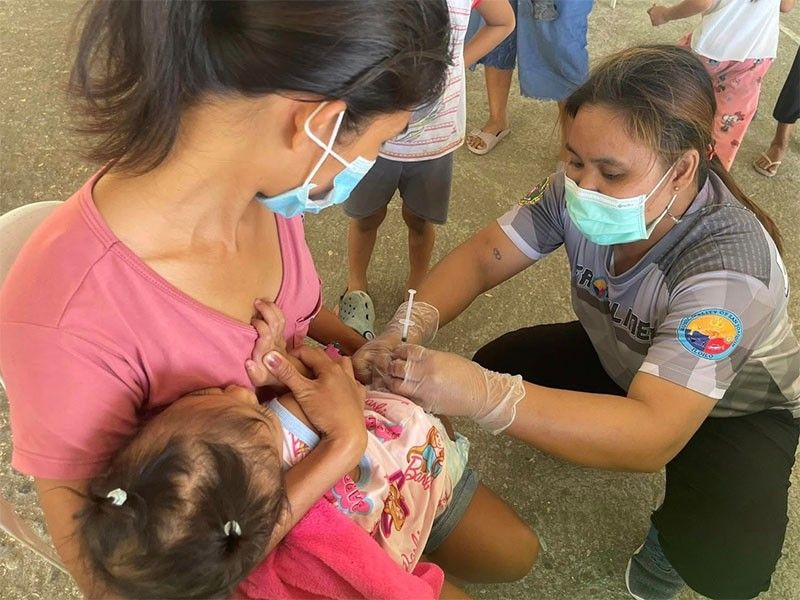
Local government units (LGUs), schools, and communities must also collaborate more effectively. Information campaigns that highlight the dangers of diseases like measles, tetanus, and rubella—and the critical role vaccines play in preventing them—should be amplified. In turn, health experts, ‘bakuna champions,’ and policymakers could take this opportunity to make vaccines accessible to every family and every child.
Philippine Foundation for Vaccination (PFV) Executive Director Dr. Lulu Bravo expressed hope that vaccine supply could also be secured to fulfill their campaign. “We can only achieve a high vaccination coverage rate if the vaccine supply is available at the health centers,” she pointed out. “Without the vaccine at the time of visit, it is always a missed opportunity to vaccinate.”
A unified approach to boosting PH child immunization
In addition to addressing parental hesitancy, health authorities are working to strengthen local health systems to improve access to vaccines.
As highlighted by Dr. Rodney Labis from the Iloilo Provincial Health Office, efforts to bolster local health infrastructures are underway. These include better funding, increased personnel, and initiatives like the one unveiled by Dr. Jose Atienza (Immunization Program Coordinator for DOH CHD Western Visayas) --- the resumption of school-based immunization programs, which will provide free vaccines to Grade One and Grade Seven students starting this October.
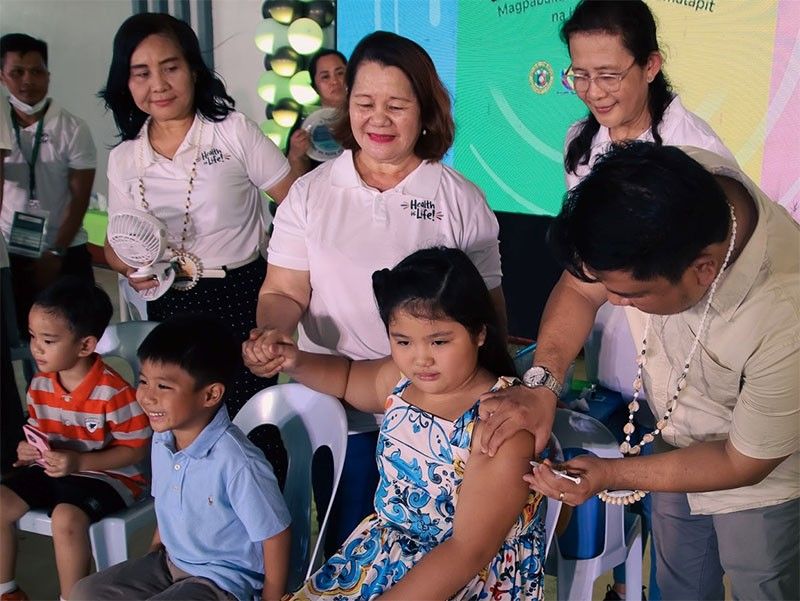
Dr. Atienza sought to address parents directly, stating, “it is important to vaccinate our children because, once again, our vaccines are free, safe, and most effective.”
This rainy season, let us not leave our children’s health to chance. As PHAP Executive Director Mr. Teodoro Padilla said, “vaccination is one of the most successful public health interventions. It is crucial to vaccinate children during this critical period to prevent school outbreaks, reduce absences, and ensure educational continuity.”
It is our responsibility as parents, educators, and citizens to ensure that our children are vaccinated, protected, and given the opportunity to grow up free from preventable diseases. We must act now to close the immunization gap – the future of our children and our communities depend on it.
------
Follow my social media accounts JingCastaneda: Instagram, Facebook, YouTube, Tiktok and Twitter. Please share your stories or suggest topics at editorial@jingcastaneda.ph.



















